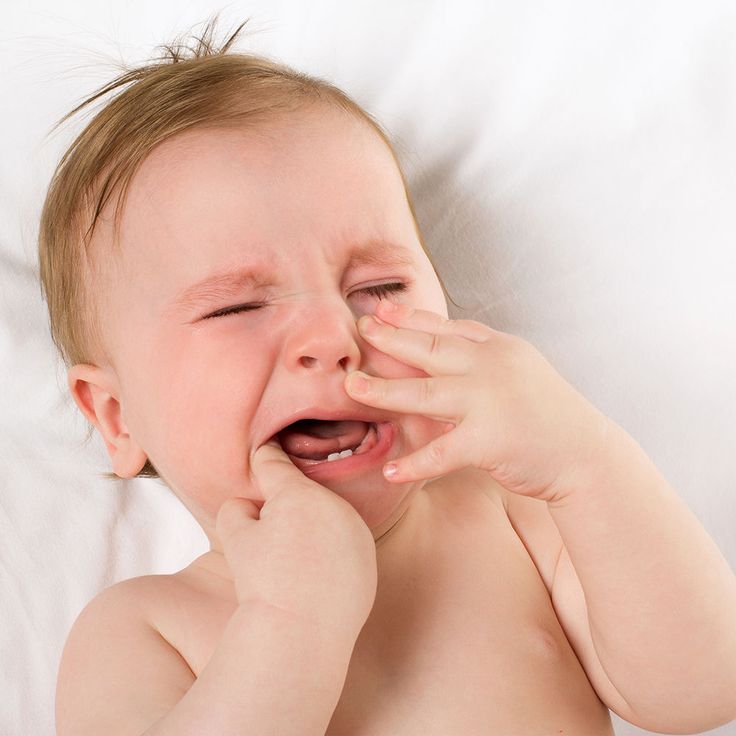Can you have headaches in early pregnancy
Headaches in Early Pregnancy
Nearly all women have occasional headaches, but having a headache in pregnancy is not fun. And managing headaches is especially tricky in the first trimester when you should avoid many medicines. Whether your headache is from tension or is a full-blown migraine, there are some things you should know.
What causes headaches in pregnancy?
The exact cause of a headache isn’t always clear. In the first trimester, changing hormone levels and blood volume may play a role. A dull, overall headache can come with stress, severe tiredness (fatigue), and eyestrain. Sinus headaches may be more likely because of the nasal congestion and runny nose that are common in early pregnancy. Hunger and low levels of blood sugar can trigger headaches, too. Women who suddenly stop their morning coffee and sodas may experience caffeine withdrawal headaches. Those who also suffer with nausea and vomiting in early pregnancy can become dehydrated. This can also bring on a headache.
Migraine headaches are a common type of headache in pregnancy. These painful, throbbing headaches are often felt on one side of the head and result from expansion of the blood vessels in the brain. The misery is sometimes accompanied by nausea, vomiting, and sensitivity to light. A small percentage of women with migraines also have an aura with the migraine. They see flashes of light or feel tingling in their arms and legs.
When should I be concerned?
When a headache is severe, or just doesn’t go away, or when you have dizziness, blurred vision, or changes in your field of vision, you should contact your healthcare provider. Headaches can sometimes be related to blood pressure problems in pregnancy. If they are persistent or severe and happen after 20 weeks of pregnancy, let your healthcare provider know. Although strokes during pregnancy are rare, migraines can increase a pregnant woman’s risk for them. If you have migraines, report them to your provider.
What can I do about headaches?
Steps to manage headaches include the following:
-
Stay away from any known headache triggers, including allergens and certain foods, like monosodium glutamate, cured meats, and strong cheeses.

-
Smoking is never a good idea in pregnancy. You should also stay away from secondhand smoke.
-
Try to eat well and drink plenty of fluids, especially if you are prone to morning sickness.
-
Reduce your stress level. Try a massage or cold pack to help with tension headaches.
-
If your headache is a migraine, rest in a cool, dark room with no noise, and try using warm or cold compresses or an ice pack.
There is good news, however. Most women have fewer headaches during pregnancy, especially after the first trimester. And those with a history of migraines often find there is improvement during pregnancy.
Online Medical Reviewer:
Daniel N Sacks MD
Online Medical Reviewer:
Donna Freeborn PhD CNM FNP
Online Medical Reviewer:
Heather Trevino
Date Last Reviewed:
10/1/2020
© 2000-2023 The StayWell Company, LLC. All rights reserved. This information is not intended as a substitute for professional medical care. Always follow your healthcare professional's instructions.
All rights reserved. This information is not intended as a substitute for professional medical care. Always follow your healthcare professional's instructions.
Contact Our Health Professionals
Find a Doctor Request an Appointment Locations Services
Follow Us
Headaches during pregnancy | Pregnancy Birth and Baby
Headaches during pregnancy | Pregnancy Birth and Baby beginning of content9-minute read
Listen
If you have a severe headache during pregnancy that is not usual for you, seek medical help immediately.
Key facts
- It’s common to get mild headaches in the first few months of pregnancy because of hormonal changes.
- If you usually suffer from migraines, they may get better, worse, change or stay the same when you’re pregnant.
- Headaches during pregnancy may be triggered by poor sleep, stress, dehydration, low blood sugar or eye strain.
- If your headache doesn’t settle with simple measures (for example, rest and rehydration), you can take paracetamol.
- A headache after 20 weeks can be a sign of pre-eclampsia, which is a serious pregnancy condition that needs medical attention – see your doctor or midwife.
Does pregnancy cause headaches?
Many people get mild headaches when they are pregnant. Headaches can often be triggered by a change in hormones. They are more common in the first few months of pregnancy.
If you usually suffer from migraines, you might notice a change when you’re pregnant.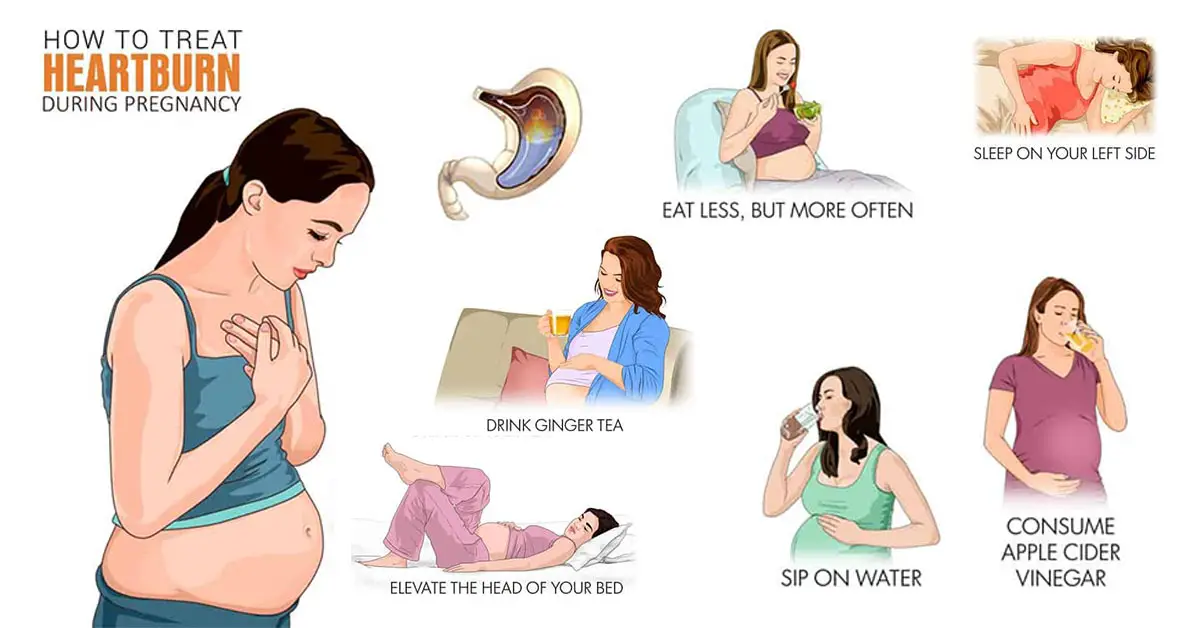 There’s a good chance that your migraines will improve after the first trimester. This may be because your oestrogen level starts to stabilise. However, some people don’t notice a change, or may get worse migraines during pregnancy. You also might notice different changes from one pregnancy to the next.
There’s a good chance that your migraines will improve after the first trimester. This may be because your oestrogen level starts to stabilise. However, some people don’t notice a change, or may get worse migraines during pregnancy. You also might notice different changes from one pregnancy to the next.
Headaches can develop for many different reasons — it’s not always because of pregnancy hormones.
Why else might I get headaches during pregnancy?
Besides hormonal changes, there are many triggers that cause headaches in general, but might occur more often when you’re pregnant, such as:
- not getting enough sleep
- withdrawal from caffeine — such as in coffee, tea or cola drinks
- low blood sugar from not eating regularly
- dehydration
- feeling stressed, anxious or depressed
- eye strain — especially as your eye muscles relax during pregnancy
Many of these triggers can cause tension headaches, which are very common.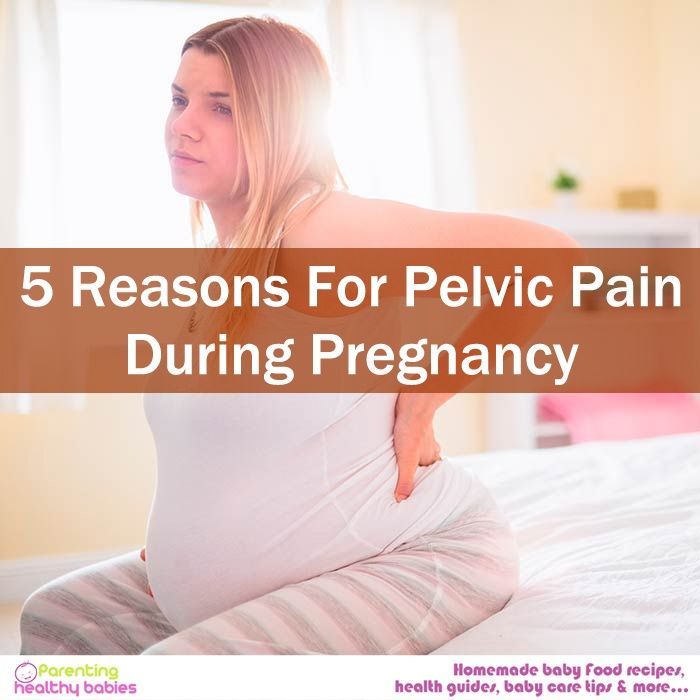 The pain is usually mild and on both sides of your head.
The pain is usually mild and on both sides of your head.
Some of these triggers can cause migraines, which are more severe and mostly occur on one side of your head. If you have migraines, you might also feel sick or vomit and be sensitive to light or sound.
Pre-eclampsia
If you start getting frequent headaches after 20 weeks of pregnancy, this could be a sign of a more serious pregnancy condition called pre-eclampsia. Pre-eclampsia is when you have high blood pressure that affects your kidneys and sometimes other parts of your body. If you have a pre-eclampsia headache, you may find that simple pain-relieving medicines like paracetamol don’t help.
It’s very important to tell your doctor or midwife if you are getting headaches in the second half of pregnancy, or if your headaches are very severe.
If you have a severe headache during pregnancy, call your doctor or midwife. It could be something more serious.
Health conditions
Just like when you’re not pregnant, a headache can sometimes be a sign of other health conditions, including:
- infections, such as an ear infection or flu
- sinusitis
- problems with your teeth
- an aneurysm or stroke
What can I do to treat a headache when I’m pregnant?
If you have a headache, you could try:
- having a nap, or resting with your eyes closed
- drinking water
- having something to eat
- putting a cold or heat pack on your forehead or the back of your neck
- asking someone to give you a gentle neck massage
If you need to take medicine for pain relief, paracetamol is safe during pregnancy. Pain-relieving medicines can actually cause headaches if you take them too often, so don’t take paracetamol more than 3 times a week.
Pain-relieving medicines can actually cause headaches if you take them too often, so don’t take paracetamol more than 3 times a week.
When you’re pregnant, avoid anti-inflammatories such as ibuprofen or aspirin and medicines that contain caffeine.
What can I do to prevent headaches during pregnancy?
If you find you are getting mild headaches often, it’s a good idea to:
- getting more sleep
- drink at least 8 cups of water a day
- go to pregnancy yoga classes or do some other type of exercise
- learn relaxation or stress management techniques
- don't go more than 4 hours without eating
- avoid processed foods
- see an optometrist for an eye check
What can I do if I suffer from migraines during pregnancy?
If you suffer from migraines, try to avoid things that may trigger migraines for you. People have different triggers for migraines, so it’s important to learn what your personal triggers are. Keep a headache diary, and see if your triggers include:
Keep a headache diary, and see if your triggers include:
- specific foods such as chocolate, or food additives such as caffeine or MSG
- bright or flickering lights, strong smells and loud sounds
- not enough sleep, or too much sleep
- skipping meals
- computer or movie screens
- strenuous exercise
- emotional triggers such as arguments or stress
Check with your doctor, pharmacist or midwife before you take a medicine for your migraine, to make sure it’s safe during pregnancy.
Paracetamol is the safest option for pain relief. If paracetamol doesn’t help and you need something stronger, ask your doctor about if you can take codeine. Try not to take codeine often, as you could become dependent on it and your baby could have withdrawal symptoms after they are born.
Most triptans (migraine medicines) are not considered safe in pregnancy. If you don’t get relief from paracetamol and codeine, you may be able to take sumatriptan occasionally.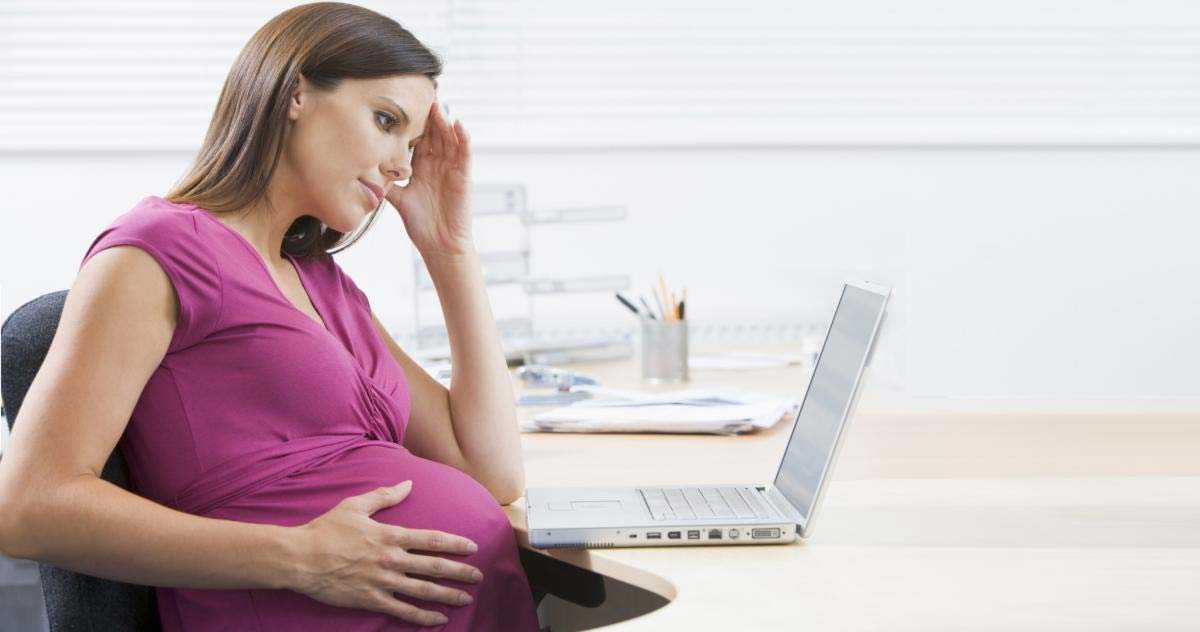 This medicine is available from a pharmacist and requires a prescription. Speak with your doctor or pharmacist before using it to help you understand the risks and the benefits of this medicine during pregnancy.
This medicine is available from a pharmacist and requires a prescription. Speak with your doctor or pharmacist before using it to help you understand the risks and the benefits of this medicine during pregnancy.
You can take metoclopramide if you suffer from nausea or vomiting with migraines.
Acupuncture can help treat migraines. Talk to your doctor or midwife first to check it’s safe for you. Make sure to tell your acupuncturist that you’re pregnant, so they can avoid certain points that shouldn’t be used in pregnancy.
When should I see a doctor?
See your doctor or midwife if you have symptoms of pre-eclampsia, including:
- a headache that doesn’t get better with paracetamol
- severe pain below your ribs
- heartburn that doesn’t disappear after taking antacids
- sudden swelling in your face, hands or feet
- blurred vision
Headaches can sometimes be a sign of other serious health conditions. Contact your doctor straightaway if you have:
- a sudden severe headache
- a change in your usual headaches
- your first-ever migraine
- a headache together with fever, neck stiffness, sensitivity of your eyes to light, drowsiness or weakness of your arm or leg
- a recent head injury
CHECK YOUR SYMPTOMS — If you are feeling unwell and not sure what to do next, check your symptoms using the healthdirect Symptom Checker tool.
- Speak with your doctor or midwife, particularly if you have any concerns about pre-eclampsia.
- For more information about headaches, visit Migraine and Headache Australia.
- For more information about medicines you can take during pregnancy, talk to your doctor or pharmacist.
Speak to a maternal child health nurse
Call Pregnancy, Birth and Baby to speak to a maternal child health nurse on 1800 882 436 or video call. Available 7am to midnight (AET), 7 days a week.
Sources:
Tommy’s (Headaches in pregnancy – should I be worried?), NSW Government (Having a baby), Migraine & Headache Australia (Adults and headache), Migraine & Headache Australia (Migraine), Migraine & Headache Australia (Headache triggers), Migraine & Headache Australia (Headache treatment – no absolute cure), Migraine & Headache Australia (What is headache?), Migraine & Headache Australia (Tension headache), RANZCOG (Pre-eclampsia and high blood pressure in pregnancy), Royal Women's Hospital (Medicines in pregnancy), NSW Health (Migraine in pregnancy and breastfeeding), RANZCOG (Q&A: severe headache in the third trimester), Migraine & Headache Australia (Self-Care & Trigger Management)Learn more here about the development and quality assurance of healthdirect content.
Last reviewed: September 2022
Back To Top
Related pages
- Common discomforts during pregnancy
Need more information?
Treatment of Headache - Migraine & Headache Australia
There is no absolute cure for headache, but many effective treatments exist which can prevent and treat different headache types.
Read more on Migraine and Headache Australia website
Common discomforts during pregnancy
Your body has a great deal to do during pregnancy. Sometimes the changes taking place will cause irritation or discomfort, and on occasions they may seem quite alarming.
Read more on Pregnancy, Birth & Baby website
Adults and Headache - Headache Australia
Studies confirm that tension-type headache and migraine are more common in women while cluster headache, a rare form of headache, is more common in men.
Read more on Migraine and Headache Australia website
Tension-type Headache - Migraine & Headache Australia
Tension-type headache is one of the most common everyday headaches. It causes a dull, non-throbbing pain and can be caused by stress.
Read more on Migraine and Headache Australia website
Migraine Management Tips - Headache Australia
It’s important to be organized and informed about your migraine attacks and how they impact your life. Here are some migraine management tips to assist.
Read more on Migraine and Headache Australia website
Six ways to manage migraine without drugs | The George Institute for Global Health
We’ve all heard of the crushing headache pain that comes with migraine but did you know that one in every seven people experience them, three in every four people with migraine are females, and migraine is the number one cause of disability in young people? With so many people affected worldwide, you’d think modern medicine would have developed a solution by now but unfortunately there’s still no definite cure for migraine.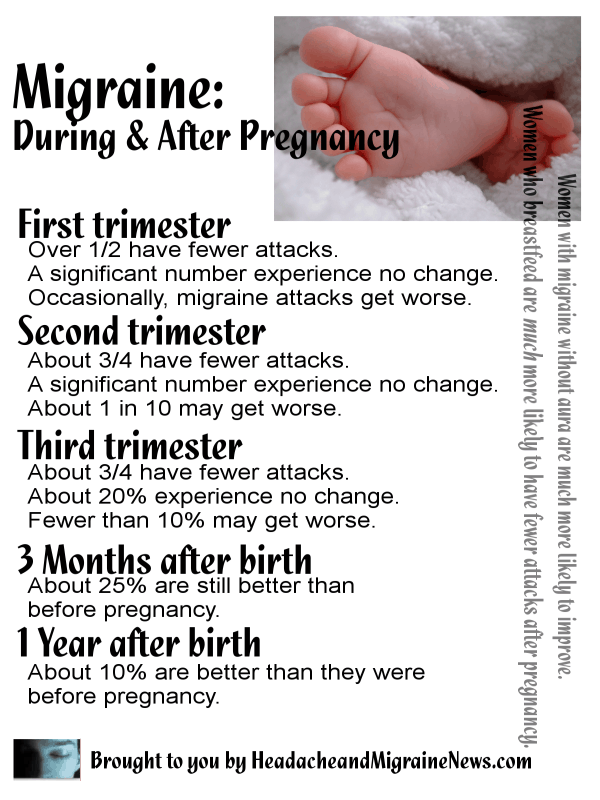
Read more on The George Institute for Global Health website
Stress and pregnancy
Stress is a normal response to major life changes but you can reduce pregnancy-related stress. Learn more about causes and strategies to help.
Read more on Pregnancy, Birth & Baby website
Mumps and pregnancy
Find out about mumps and its symptoms, how it spreads, how to manage it at home, and how to avoid mumps if you’re planning a pregnancy.
Read more on Pregnancy, Birth & Baby website
Toxaemia of pregnancy (pre-eclampsia) - MyDr.com.au
Pre-eclampsia, also known as pre-eclamptic toxaemia, or just toxaemia, occurs in pregnancy, causing problems for the baby and mother.
Read more on myDr website
Experiences of pregnancy - Healthtalk Australia
The parents we spoke with found pregnancy life-changing and exciting, and described at length its physical and emotional dimensions.
Read more on Healthtalk Australia website
Disclaimer
Pregnancy, Birth and Baby is not responsible for the content and advertising on the external website you are now entering.
OKNeed further advice or guidance from our maternal child health nurses?
1800 882 436
Video call
- Contact us
- About us
- A-Z topics
- Symptom Checker
- Service Finder
- Subscribe to newsletters
- Sign in
- Linking to us
- Information partners
- Terms of use
- Privacy
Pregnancy, Birth and Baby is funded by the Australian Government and operated by Healthdirect Australia.
Pregnancy, Birth and Baby’s information and advice are developed and managed within a rigorous clinical governance framework.
This site is protected by reCAPTCHA and the Google Privacy Policy and Terms of Service apply.
Healthdirect Australia acknowledges the Traditional Owners of Country throughout Australia and their continuing connection to land, sea and community. We pay our respects to the Traditional Owners and to Elders both past and present.
This information is for your general information and use only and is not intended to be used as medical advice and should not be used to diagnose, treat, cure or prevent any medical condition, nor should it be used for therapeutic purposes.
The information is not a substitute for independent professional advice and should not be used as an alternative to professional health care.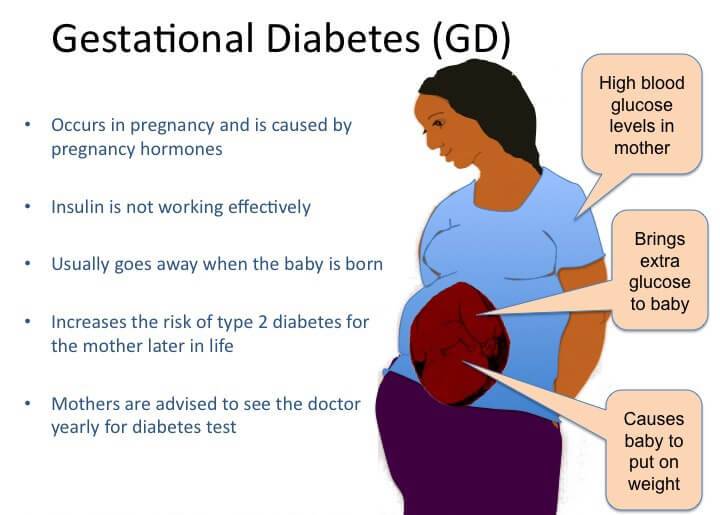 If you have a particular medical problem, please consult a healthcare professional.
If you have a particular medical problem, please consult a healthcare professional.
Except as permitted under the Copyright Act 1968, this publication or any part of it may not be reproduced, altered, adapted, stored and/or distributed in any form or by any means without the prior written permission of Healthdirect Australia.
Support this browser is being discontinued for Pregnancy, Birth and Baby
Support for this browser is being discontinued for this site
- Internet Explorer 11 and lower
We currently support Microsoft Edge, Chrome, Firefox and Safari. For more information, please visit the links below:
- Chrome by Google
- Firefox by Mozilla
- Microsoft Edge
- Safari by Apple
You are welcome to continue browsing this site with this browser. Some features, tools or interaction may not work correctly.
Headache during pregnancy: where does it come from and how to get rid of it
November 14, 2020 Likbez Health
Sometimes you just need to get some sleep, and sometimes you need to call an ambulance immediately.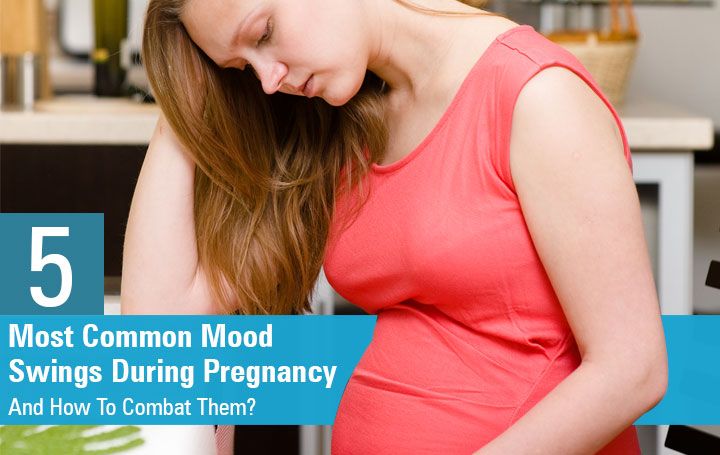
When to call an ambulance
Call 103 or 112 urgently if you experience any of the following symptoms:
- sudden and severe headache;
- consciousness becomes confused or completely lost;
- pain worsens over 5 minutes;
- flies, spots flash in the eyes;
- throbbing and noisy in the ears;
- speech has become slurred, words are drawn out;
- arms and legs weaken, convulsions set in;
- the muscles of the neck are very stiff, it is impossible to reach the chest with the chin;
- fever of 39 °C or more;
- increased heart rate at rest;
- severe shortness of breath;
- the child pushes without stopping or stops abruptly;
- leaking water or blood;
- lower abdomen hurts, as if contractions had started.
Why pregnant women can get headaches
Pregnancy headaches are not always life threatening. But the doctor needs to be told about it in any case.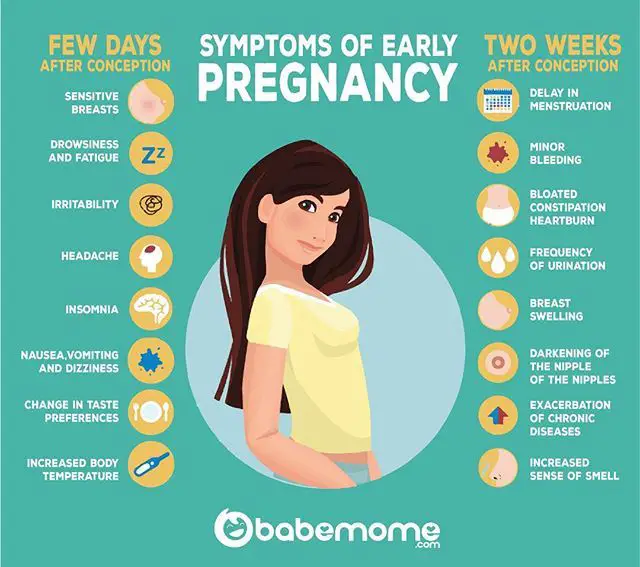 If the symptom appeared for the first time and does not hurt much, postpone the conversation until a scheduled visit. If your headache is recurring or gets worse, it's best to make an appointment as soon as possible. The gynecologist will decide what needs to be done or refer you to another doctor.
If the symptom appeared for the first time and does not hurt much, postpone the conversation until a scheduled visit. If your headache is recurring or gets worse, it's best to make an appointment as soon as possible. The gynecologist will decide what needs to be done or refer you to another doctor.
There are many causes of headaches. Scientists have found that in pregnant women in 57% of cases it is primary, that is, not associated with other diseases. The most common are migraines and tension headaches.
Everything else is a secondary headache caused by various pathologies. Usually it is high blood pressure and infections. But there are also more dangerous reasons.
1. Stress and fatigue
A pregnant woman's body experiences increased stress, because it has to work for two. If at the same time the expectant mother is exposed to stress, strong feelings or sleeps little, she develops a tension headache.
Discomfort lasts from 30 minutes to several days. The head hurts in the forehead, occiput, both temples. But there is no feeling that they put on a tight hoop or helmet. The pain does not get worse when bending over, walking, or climbing stairs, bright lights, or sounds.
The head hurts in the forehead, occiput, both temples. But there is no feeling that they put on a tight hoop or helmet. The pain does not get worse when bending over, walking, or climbing stairs, bright lights, or sounds.
What to do
Tension headache can go away on its own: just get some fresh air or sleep. Sometimes pleasant emotions help, which distract from experiences.
If the pain persists for 2-3 consecutive days, see a doctor. He will select painkillers that are safe for the child.
2. Medications
Any medicine that enters the stomach or bloodstream can cause headaches even if the dosage is correct. In pregnant women, this often occurs due to drugs for high blood pressure, heart disease, antibiotics, anticonvulsants.
Long-term use of non-steroidal anti-inflammatory drugs for headaches may cause the opposite effect: the pills do not remove, but provoke symptoms.
What to do
If your head hurts a few hours after taking the medicine, you need to see a doctor to change the medicine.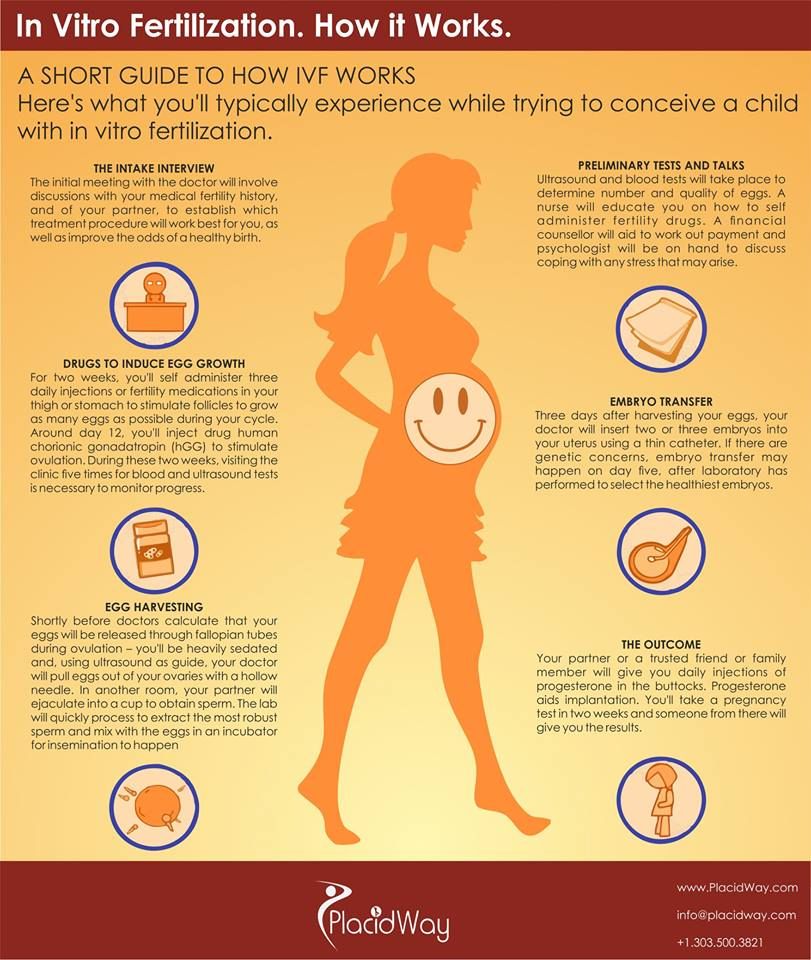 Do not drink non-steroidal anti-inflammatory drugs for more than 3-5 days. If they do not help, you need to tell the doctor about it.
Do not drink non-steroidal anti-inflammatory drugs for more than 3-5 days. If they do not help, you need to tell the doctor about it.
3. Love for coffee or rejection of it
Coffee can cause headaches during pregnancy. Unpleasant symptoms occur if you drink more than 3-4 cups a day.
Abrupt refusal of coffee is also harmful. It is worth finding out about pregnancy and stopping brewing a fragrant drink, and after 1-2 days, aching pain will appear in the temples and the back of the head.
What to do
Coffee is best avoided during pregnancy. If a headache occurs a day after this, you can drink a small cup of the drink and wait a day again. Gradually, the dependence on coffee will pass.
Coffee drinkers can reduce their drink intake to 1-2 cups per day.
4. Infection with fever
Acute viral (usually ARVI) or bacterial (eg, streptococcal tonsillitis) infections cause fever and headache. This is a normal reaction to foreign microorganisms.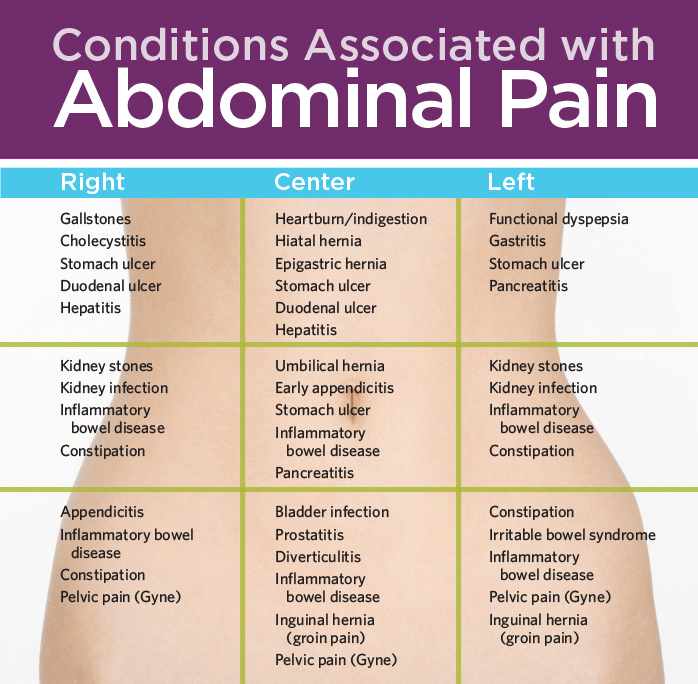
But any infection is dangerous for pregnant women. It can cause fetal defects, growth retardation and even miscarriage. And with meningitis, especially listeriosis, there is a threat to the life of the mother.
What to do
If you have a headache with fever, call your doctor. He will prescribe safe medications or give you a referral to the hospital if a serious infection is suspected. In this case, you need strong antibiotics, droppers to maintain the body and sometimes hormones.
5. Preeclampsia and preeclampsia
After 20 weeks, preeclampsia may develop in pregnant women. This is a disease in which one of three symptoms or a combination of them may appear: high blood pressure, edema, and protein in the urine.
Without proper treatment, preeclampsia turns into preeclampsia. The pressure rises sharply, the head and lower abdomen hurt unbearably, the baby pushes unusually hard or, on the contrary, suddenly calms down. Preeclampsia can lead to placental abruption, damage to the liver and other organs, bleeding, and even seizures.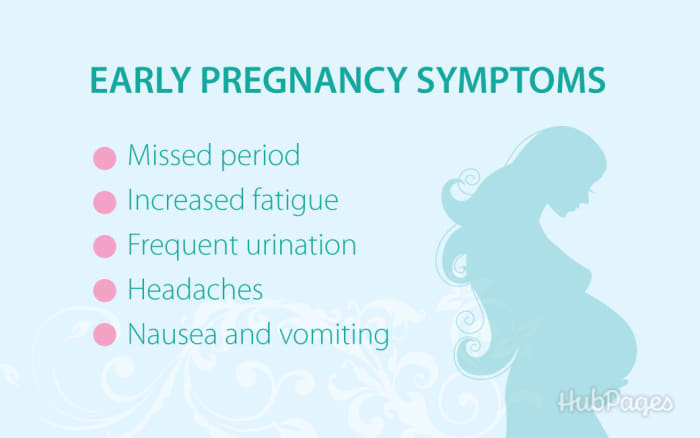 Without urgent medical care, the fetus and mother die.
Without urgent medical care, the fetus and mother die.
What to do
When the first signs of preeclampsia appear, the pregnant woman is hospitalized to find treatment. After that, she is discharged home under the supervision of her gynecologist.
But if her health worsens, the doctor again sends the woman to the hospital, where she is prescribed medication to reduce pressure, special drips to keep her body functioning. If improvement does not occur within a day, a caesarean section is performed.
6. Migraine
One of the causes of migraine is a change in estrogen levels. But the disease very rarely appears due to pregnancy. On the contrary, in 70% of women, the symptoms subside dramatically after conception. Nevertheless, migraines torment many.
It may begin with an aura: flashes of light, spots before the eyes, tingling in the hands or numbness of half of the face, sometimes tinnitus. Each symptom can last from 20 minutes to an hour.
A migraine attack develops after the aura.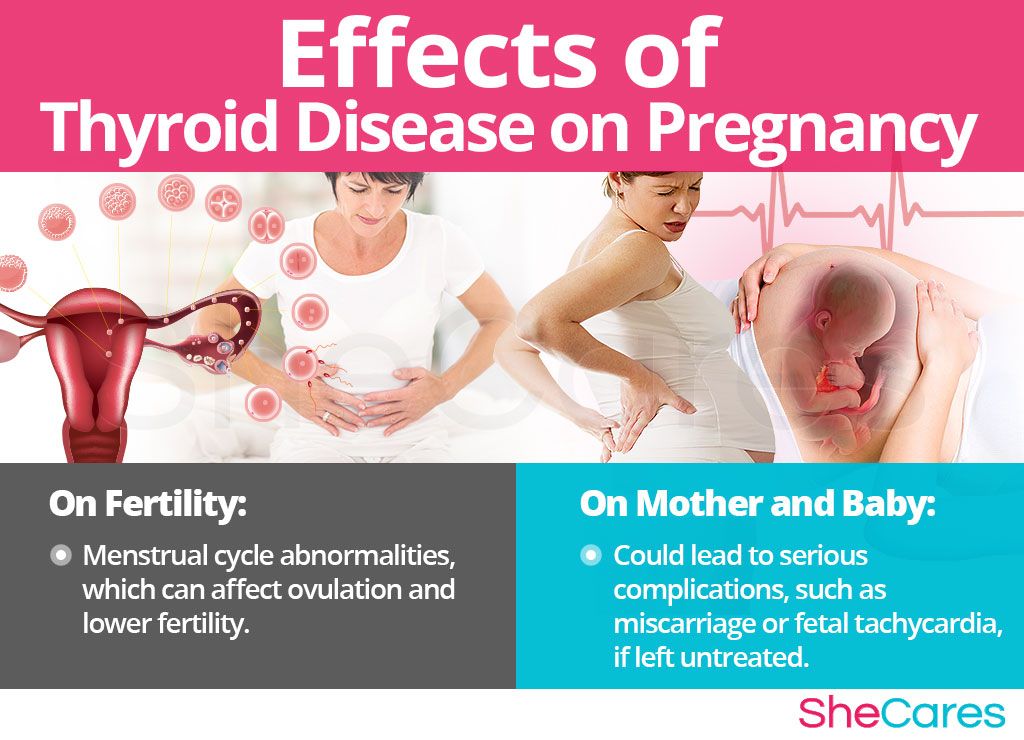 In this case, one side of the head hurts and throbs, nausea or vomiting appears. A woman is irritated by bright lights, loud noises, smells. They make the pain worse.
In this case, one side of the head hurts and throbs, nausea or vomiting appears. A woman is irritated by bright lights, loud noises, smells. They make the pain worse.
Seizures last from a few hours to a week or more. After a migraine, there is a feeling of severe fatigue, exhaustion, and an awkward turn of the head can return the pain.
What to do
Any medication for migraine during pregnancy must be prescribed by a doctor. In some cases, drugs from the group of beta-blockers are used.
Studies have shown that frequent migraine in pregnancy is associated with a lack of magnesium. The doctor will help you choose the appropriate type of vitamin and mineral complex and its dosage.
7. Cerebral vascular disease
Hormone problems in some pregnant women increase blood clotting, which increases the risk of thrombosis, stroke or bleeding in the meninges. These conditions are very dangerous: a woman can die within a few minutes or remain disabled.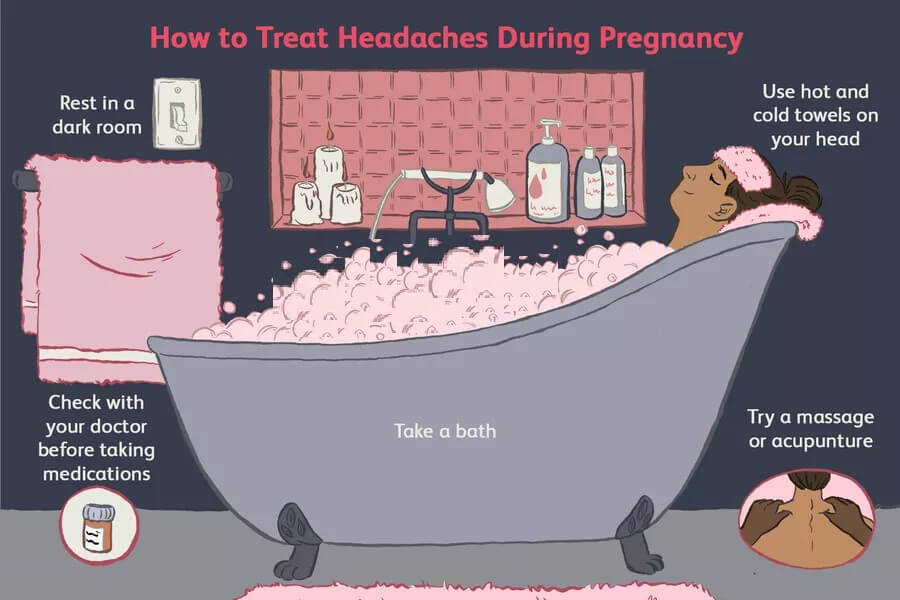
Vascular involvement is always accompanied by several symptoms:
- severe headache on one side;
- nausea and vomiting;
- blurred vision;
- loss of consciousness;
- convulsions.
What to do
Urgently call an ambulance. The pregnant woman must be laid or seated so that she does not hit when she falls. You can't give medicine! You can only open the window so that there is more air in the room.
Which treatment the doctor prescribes depends on the specific disease. These can be drugs that reduce blood clotting and dissolve blood clots. In some cases, urgent surgery is needed.
8. Brain tumors
Studies show that progesterone and estrogens during pregnancy can trigger or accelerate the growth of tumors in the brain. Symptoms of the disease appear slowly, over several months, and depend on the size and location of the tumor.
The headache may gradually increase, then vision, speech, hearing deteriorate, limbs go numb and convulsions appear. Sometimes it is difficult for a woman to keep her balance.
Sometimes it is difficult for a woman to keep her balance.
What to do
If a pregnant woman often has a headache or she forgets what she wanted to buy in the store and how to cook her favorite borscht, confuses her way home, you need to go to a neurologist. First, he will prescribe standard treatment, simple and safe medicines, rest, good sleep.
If this does not help, the symptoms persist or worsen, a deep examination is needed. The pregnant woman will be sent for an MRI of the brain. This procedure is safe for the fetus. If the diagnosis is confirmed, surgery may be required.
What to do if the doctor cannot find the cause of the pain
If you have been examined and the doctor cannot tell you why your head hurts and diagnoses you with vascular dystonia, this is cause for concern. There is no such disease.
Seek another doctor. Perhaps he uses new diagnostic methods that will help to deal with the problem and choose a treatment.
How to avoid pregnancy headaches
Experts recommend:
- Avoid triggers.
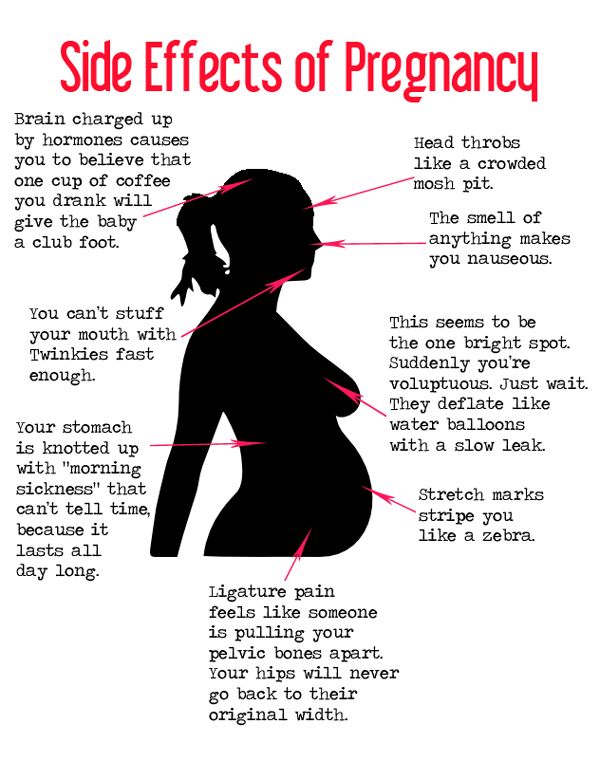 For example, if you notice that certain foods, smells, or situations cause headaches, try not to encounter them.
For example, if you notice that certain foods, smells, or situations cause headaches, try not to encounter them. - Protect yourself from stress, do not worry about trifles.
- Move more. During pregnancy, walk every day in the fresh air and do special exercises for expectant mothers.
- Eat right. Try to eat a lot of vegetables and fruits, dairy products, drink at least 2.4 liters of liquid. Every day, the menu should include fish, poultry or lean meat. And it is better not to buy sweet, fast food and other junk food.
- Follow the daily routine. You need to sleep at least 8 hours a day and go to bed no later than 22-23 hours in order for melatonin to be produced normally.
- Learn to relax. Learn simple meditation techniques or breathing exercises.
Read also 🧐
- How pregnancy develops by week
- How to calculate the duration of pregnancy
- What rights does a pregnant woman have at work
- 7 best sex positions for pregnant women
- How to recognize a missed pregnancy and what to do next
Pregnancy: how to beat a headache without pills - January 16, 2008
All news "I don't look like a grandmother": the story of a woman who gave birth to her first child at 45 photo you want to ride. We look at how the "Ski Track of Russia" was held in Chelyabinsk
We look at how the "Ski Track of Russia" was held in Chelyabinsk
Polezhaikin became disabled, and Button left the country: how did the fate of the heroes of the favorite series of the 2000s "Daddy's Daughters"
Crossover driver rolled over on the M-5 in the Chelyabinsk region while overtaking a truck
You went to the budget, 75 thousand from you. How did a journalist go through a casting in a suspicious modeling agency
In Chelyabinsk, the concert of Instasamka was canceled
What, and you can get poisoned? You heat up these 6 products in vain
The most tricky questions from the traffic rules exam. Let's see if you can pass our (hard) test
In the Chelyabinsk region, two domestic cars collided on an icy road, four people were injured
“The whole Magnitogorsk sobbed”: the schoolboy did not pass the duel in the show “Voice.Children”, but touched everyone with his emotions
Affects weight, mood and heart : diseases caused by thyroid problems
"Save us, we are alive.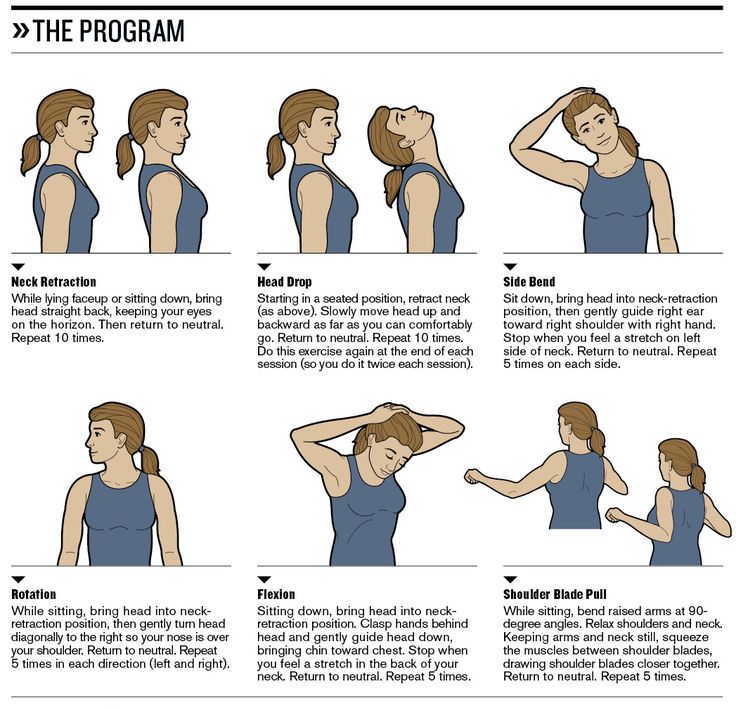 " The story of Russians who died with their children in Turkey without waiting for help
" The story of Russians who died with their children in Turkey without waiting for help
“It seems like it’s in Switzerland”: how people live in barracks on the banks of the Hornets, next to expensive mansions
An inveterate debtor and a taxi driver in my father's car: the accused in the explosion turned out to be part of a fraudulent scheme that operates throughout the country
Private opinions about a private security company. The results of a survey on the actions of the Chopov during the massacre in the Chelyabinsk school
The Ministry of Justice recognized the singer Zemfira as a foreign agent - along with her, seven more people were added to the list federal experts arrived to sort out the death of an 8-year-old girl0003
Furgal case. Why the ex-governor of the Khabarovsk Territory was sentenced to 22 years in prison - we explain briefly
The train schedule from Chelyabinsk to ski resorts will change on holidays
Guests saw the heart of Tavria at the ProdExpo exhibition in Moscow from anywhere
She just suffocated! 6 easy ways to remove the bad smell from a chicken
Arkhangelsk journalists were detained in the village where Putin was supposed to come
The defendant in the case of the massacre at the Chelyabinsk school was placed under house arrest
A new landfill will be built for Chelyabinsk - the one near Chishma that was promised 5 years ago
VK Play will finance Russian game developers
The Central Bank did not touch the key rate at the first meeting of the year Federal Assembly
“I’ll give the crown to my granddaughters”: the story of an incredibly beautiful grandmother – it’s impossible to believe that she is 64 years old
Former governor of the Khabarovsk Territory Furgal was sent to a colony for 22 years for organizing murders
In Chelyabinsk, the prosecutor's office found violations at the school food supplier. But they do not concern the quality of food
But they do not concern the quality of food
Dead souls: why do doctors attribute to patients visits to the clinic and treatment that was not there
The leader of the bloody Miass organized crime group "Turbazovsky" will be released from the colony ahead of schedule
On the day of mourning in Novosibirsk: the stories of five dead under the rubble exploded house — among them a 2-year-old baby
“But what about the water park?!”: Chelyabinsk residents suspected that residential buildings would be built instead of it
Elementary, Watson! Try to recognize famous Soviet films by their working titles
Is card tourism everything? Russians (even those who have left the country) may be restricted from payments around the world
A report from the village of illegal gold miners: how its inhabitants kill themselves in the mines for the sake of children, Lexuses and apartments
A date in a crash-room or socks, like a show host « Voice”: cool gift ideas for February 23
All news
Share
Share
A rather frequent companion of pregnancy (especially during its first trimester) is a headache. Every fifth expectant mother suffers from this disease. The causes of pain can be so different that it is not always possible to immediately make a diagnosis. In addition, such a pattern was revealed: in the early stages of pregnancy, as a rule, blood pressure decreases, which may well provoke headaches and dizziness. Pregnant women often react sharply to weather changes - increased meteosensitivity can also be the cause of ailments.
Every fifth expectant mother suffers from this disease. The causes of pain can be so different that it is not always possible to immediately make a diagnosis. In addition, such a pattern was revealed: in the early stages of pregnancy, as a rule, blood pressure decreases, which may well provoke headaches and dizziness. Pregnant women often react sharply to weather changes - increased meteosensitivity can also be the cause of ailments.
A common cause of headache is migraine, in which attacks develop due to changes in the tone of the head vessels. It just so happened that in women this disease is much more common than in men, however, it should be noted that the frequency and severity of migraine decreases with the onset of pregnancy, especially in the second half, which is associated with changes in hormonal levels. Usually, with this ailment, it “aches in the temples”, a throbbing headache may be accompanied by nausea, vomiting. In the classic form of migraine, headaches are usually preceded by "flies" or flashes before the eyes.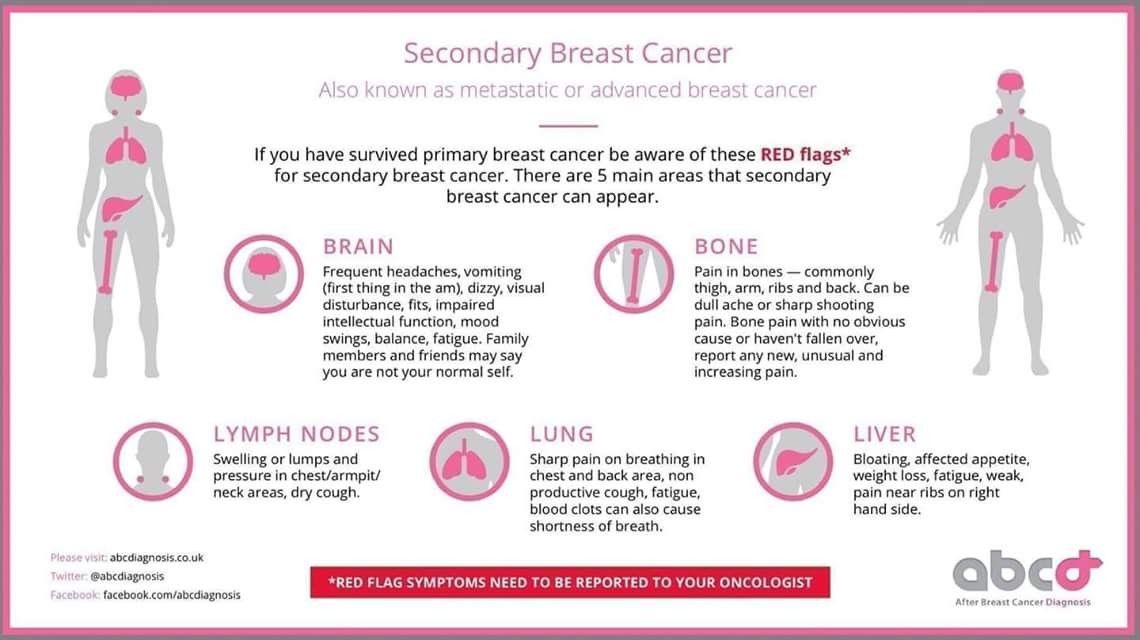
Headache of moderate intensity is common, covering the head, squeezing it like a hoop, or pulling. It is usually associated with stress, physical or emotional strain. In some cases, it may be associated with muscle strain: in particular, the muscles of the neck and upper shoulder girdle during prolonged work in an uncomfortable position.
In addition to hypotension (low blood pressure), headache can also be caused by hypertension (high blood pressure), which is one of the symptoms of a serious pathology of pregnancy - late toxicosis (preeclampsia). Pain is often accompanied by swelling and protein in the urine.
The treatment of headache during pregnancy is very limited, since most drugs have a negative effect on the course of pregnancy and the formation of the fetus.
Lie in a comfortable position in a dark, ventilated room, in silence. Usually the pain goes away after a short sleep. Head massage can also help: make circular movements with your fingertips, while trying to relax as much as possible.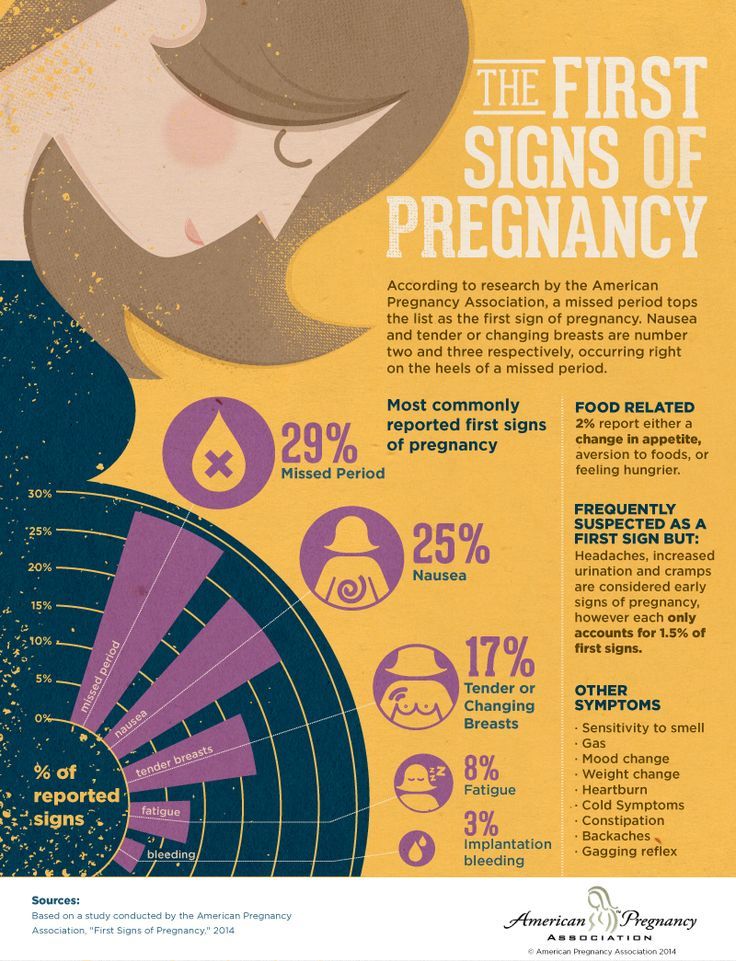 Another simple but very effective way is washing your hair with warm water or a cold compress applied to the temporal or occipital region.
Another simple but very effective way is washing your hair with warm water or a cold compress applied to the temporal or occipital region.
Mint, rosehip, chamomile decoctions can be used to relieve headaches. They have a calming and analgesic effect. With reduced pressure, strong sweet tea helps. Before pregnancy, did a cup of coffee help with pain? Most likely, now this method will have to be abandoned: doctors do not recommend strong coffee to pregnant women.
Try to eat fractionally and in small portions. Feeling hungry can also trigger a headache. Snack not on chocolates and chips, but on dried fruits, cookies or an apple.
Do not forget that good sleep is very important for a pregnant woman. However, a significant increase in sleep time can also trigger a headache.
Try to walk more, breathe fresh air. If you work at a computer, remember to get up every 30 minutes, do some light exercise, or just walk down the hallway.
Be sure to remember: it is important to know and believe that you can and should cope with a headache without pills.










